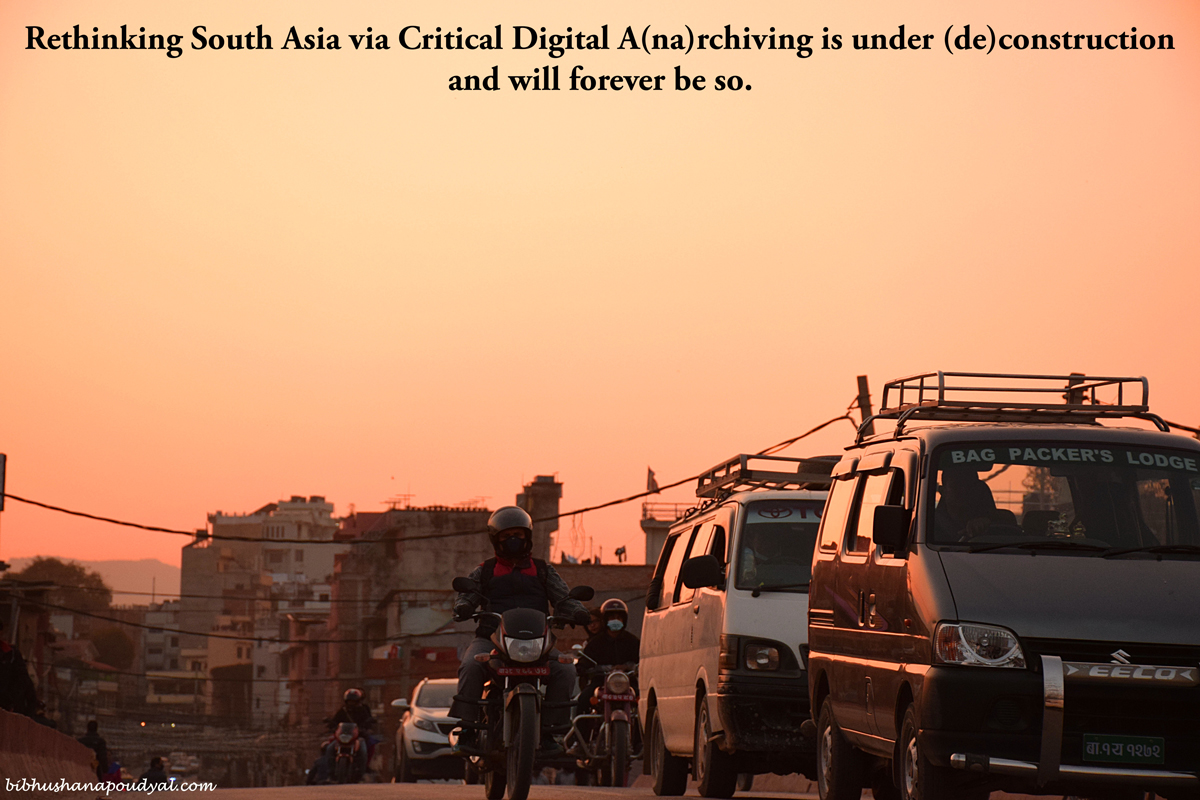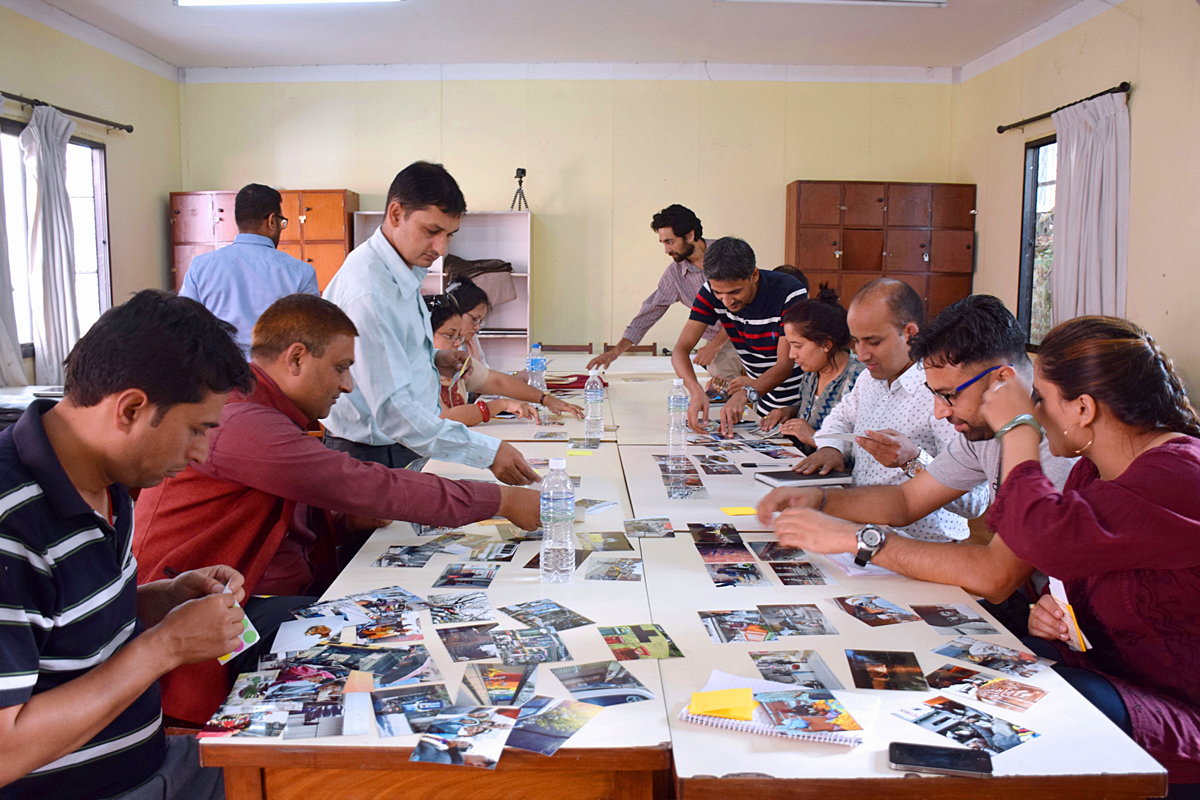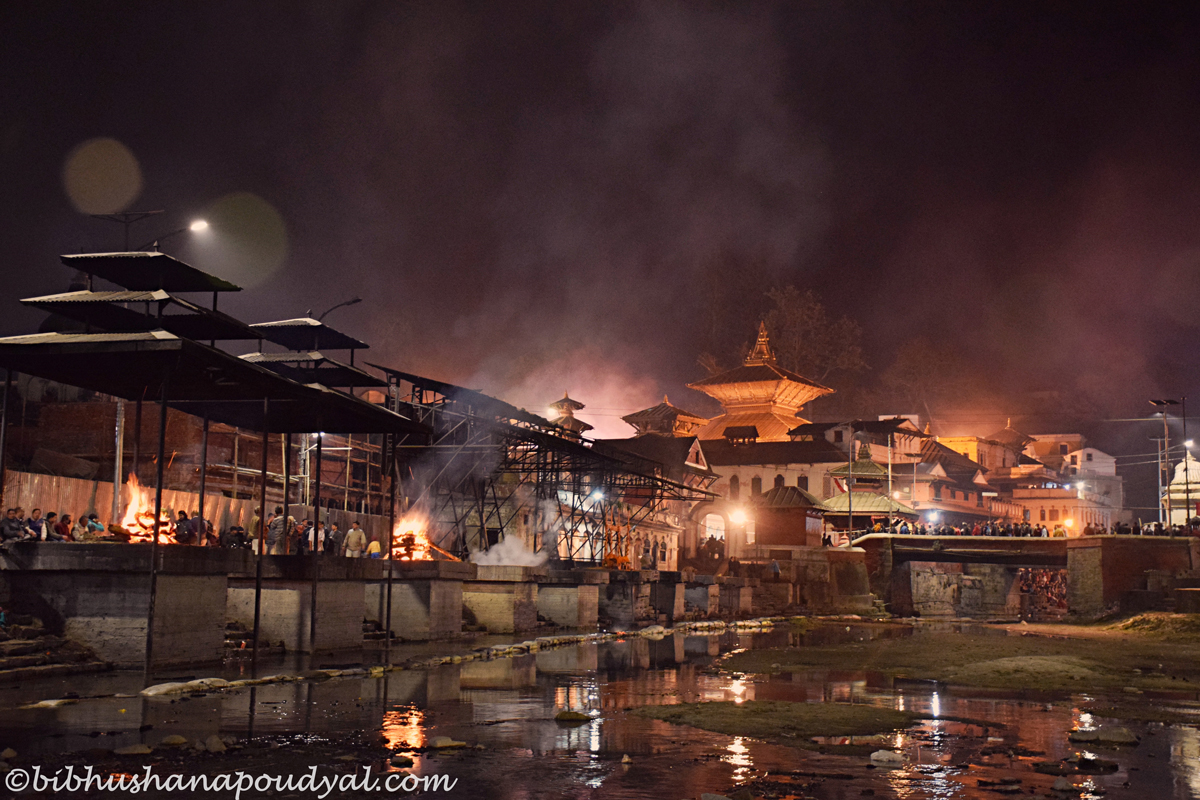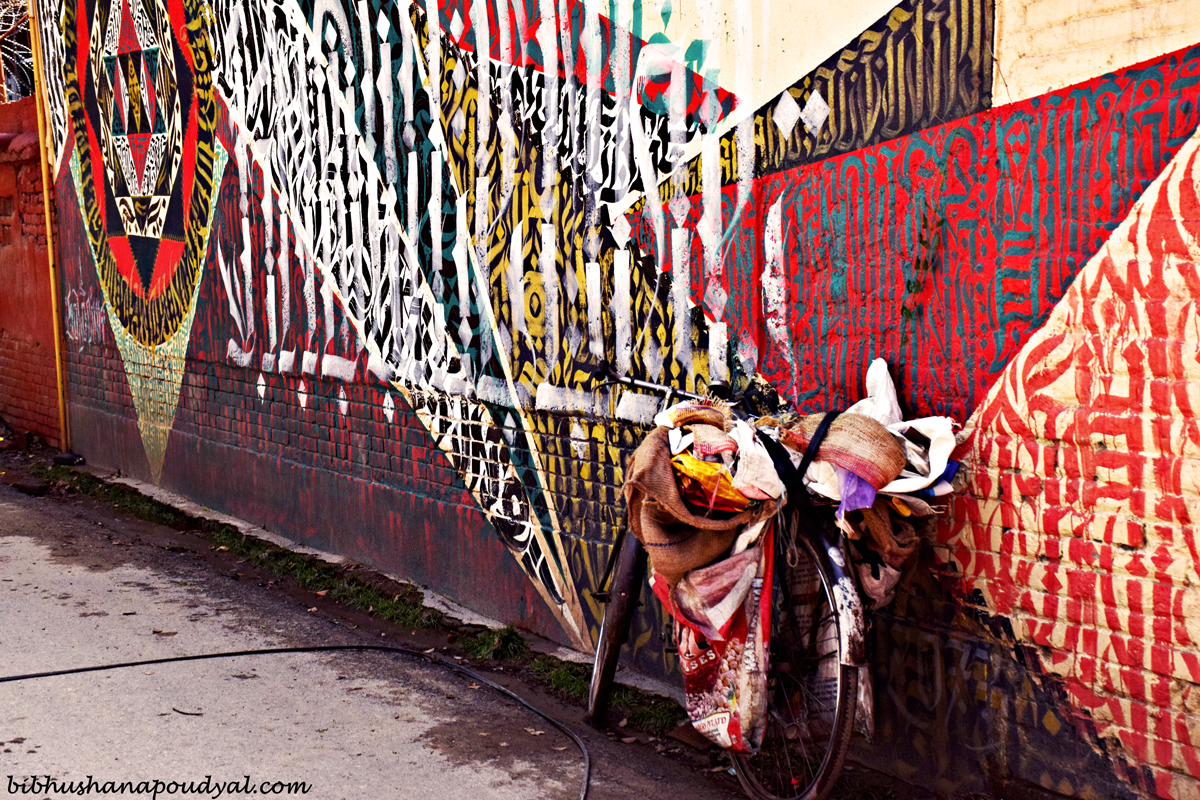After my panel presentation at #4C2019 on “Critical Digital Archiving Against the Grain: Precarities, Negotiations, and Possibilities,” one of the attendees came up to me, appreciated my research area, and asked me enthusiastically, “Have you ever imagined how the platform for digital archive built by Non-Westerners would look like?” I just couldn’t answer this question the way he might have preferred. I replied, “You know what, I really dunno. I really cannot speak for unlocatable differences there within what we call Non-Westerners. I can’t speak even for myself actually, let alone for Non-Westerners.” The thing is the kind of homogeneity we incline to accept in the nouns like Non-Westerners backfires the role of activists we might want to assume for ourselves. These nouns should communicate only about alliances among Non-Westerners based on the experiences we share due to different forms of violence caused by colonialism, neocolonialism, and cultural imperialism. But these nouns should not be assumed with any kind of essential feature that ‘represent’ us all. Furthermore, almost all forms of structural violence are inflicted and justified based on identity constructions and assumed/forced essential features in each identity category (race, nationality, sexuality, gender, sex, color, caste, class etcetera). Therefore, if our resistance relies on the same essentialist epistemology and ontology, which is the tool of violence, we end up persisting the same tool of violence confirming that even if the violence is not right, the foundation of violence is. Identity politics is not a solution, but a dangerous solution-posturing perpetuation. To elaborate, I will discuss my doctoral research –on which my 4Cs presentation was –and one of my methodologies, community-based participatory research.
Rethinking South Asia via Critical Digital A(na)rchiving

My doctoral research emerges out of the interstices and intersections of South Asian Studies, Postcolonialism, Feminism, and Critical Digital Humanities. My goal through this research is to work on de/reconstructing knowledge about South Asia from the discursive and/or the geographical location of Nepal and to show internal contradictions within the structure of identity categories. To do so, I am building, documenting, and theorizing an online, open-access digital archive of street photography in Nepal and it’s titled Rethinking South Asia via Critical Digital A(na)rchiving: Politics, Im/Possible Ethics, and Anti/Aesthetics. The purpose is to offer multidimensional, contingent, and contradictory narratives about Nepal and South Asia and to develop possible theories, methodologies, and methods for building post/de/anticolonial and feminist digital archives of Other(ed) worlds. And community-based participatory research is one of my methodologies.
Now, what do I mean by community in the context of my research? The definition of community can be twofold: 1) the group(s) of people sharing similar kind of experiences based on the identity constructions like race, gender, sexuality, caste, class, region, nationality etcetera and 2) the strategic, inessential, and inenarrable alliances for “an ethical and political imperative” (Judith Butler, 2015, p. 27) against oppressive and/or subalternizing socio-symbolic order, its laws and language, which exclude, invisibilize, and assault the other(ed) side of binary identity categories. The methodology community-based participatory research and the kind of activism I am assuming in my critical digital archiving project recognizes the historical reality of identity politics and its violence but acts toward deconstructing identities and building a community via those alliances to fight against off/online systemic and structural injustices.
So, how is this alliance-building looking like in my research?

Since the very early phase of building my archive, I have been constantly discussing, sharing my works, and doing User Experience studies of my archive and photography with non/academic South Asian individuals and communities. In June 2019, I conducted a UX study of my archive with the researchers from Nepal and India who participated in “Critical Digital Humanities and Participatory Design: A Workshop Series in Kathmandu” that I co-facilitated in Nepal at the invitation of South Asian Foundation for Academic Research (SAFAR). Even if the purpose of these conversations and studies was to help me in making multiple decisions vis-à-vis photography selection, the nature of metadata, header image, footer text, design, layout etcetera, I knew it was not going to be easy. But after the conversations and UX study, it became even more evident that making such decisions is never easy and perhaps, they should not be easy either. The answers, choices, desires regarding different aspects and elements of my archive and how to make and not make Nepal visible were too contingent that I could not make linear decisions based on those conversations. Thus, this alliance we are building comes together to have a dialogue on how to problematize “imperialist archives that establish Western tradition by collecting and preserving artifacts from othered tradition” (Cushman, 2013, p. 118). As South Asians and our shared experiences in terms of colonialism, neocolonialism, and cultural imperialism, we also share the fear of representation, especially as my digital archive is being built from the location of the US. But the ways we experience these photographs and archive varied depending on our sense of aesthetics, our ways of ethics, and our political imperatives.

To exemplify, I bring some of the responses to Figure 4. It is an image of Pashupatinath Temple, the oldest Hindu temple complex, taken in 2017 on the night of Shivaratri, a Hindu festival celebrated annually to venerate Hindu god Shiva. Most of the participants loved this photo. But some others said that even if they very much like this photo aesthetically, they would not recommend putting it on the archive as it is the iteration of the same colonial visual representation of Nepal or South Asia i.e., exotic and religious-spiritual. The counter-arguments were: “But would not that mean surrendering to their representations and letting that be the center of our decision? What’s the problem of having Pashupatinath’s photo on the archive? That is Nepal too.” Their conflicting responses were rupturing the essentialist foundation of identity construction. I was witnessing the multidimensional, contingent, and contradictory narratives of South Asia and the deconstruction of identities categories right there. The events and episodes like these, if we pay close attention to, are the proof that the moment one tries to identify South Asians and/or Non-Westerners, they dismantle the stability of that identity right away. Because identity is always already dismantled.

References
Butler, J. (2015). Notes Toward a Performative Theory of Assembly. Cambridge, MA: Harvard University Press.
Cushman, E. (2013). Wampum, sequoyan, and story: Decolonizing the digital archive. College English, 76(2).
